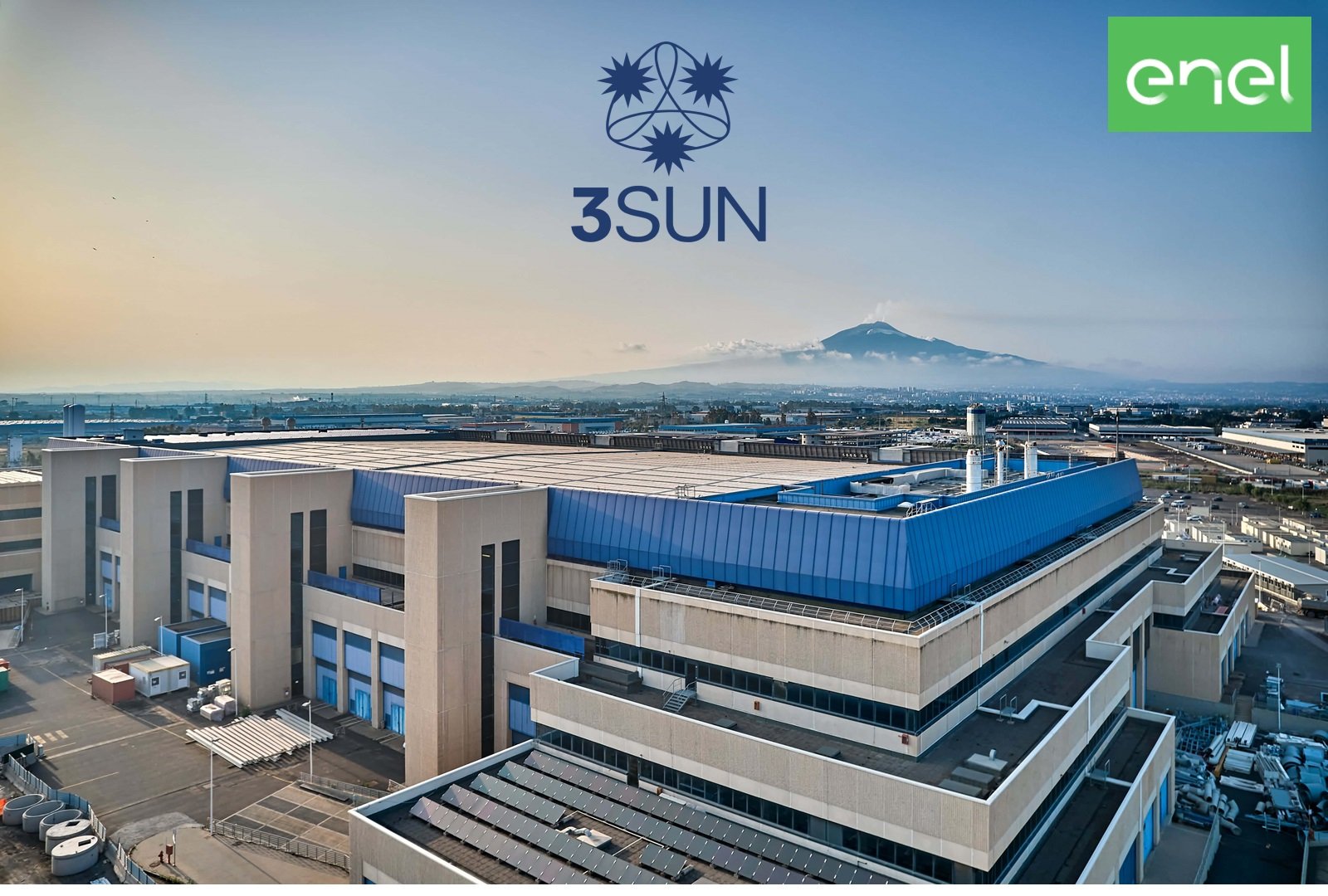
The companies have partnered with shipping company Anthony Veder and logistics company Vopak on the The H2Sines.RDAM project. The agreement covers a feasibility study into the production, liquefaction and transport of green hydrogen from Portugal to the Netherlands, where it will be stored and distributed for sale. The partners will initially target to produce and transport ~100 tonnes per day, with potential to scale this up over time. The first shipment from the project is expected to be delivered by 2027. The move will benefit end-users in the marine transport and aviation sectors, and will help decarbonize the transport segment, which is responsible for ~30% of the EU’s carbon emissions.
In May’22, the EU announced a target of reaching 10 million tonnes per annum (mmtpa) of renewable hydrogen production and 10 mmtpa of imports by 2030, to replace natural gas, coal and oil in hard-to-abate industries and transport sectors. Further, the bloc will roll out carbon contracts-for-difference (CfDs) to support the uptake of green hydrogen and seeks to leverage emission trading revenues to support the switch away from Russian fossil-fuel imports. These measures are incentivizing cross-border initiatives, which will be essential to reduce overall production costs and facilitate a pan-EU adoption of the fuel. Besides H2Sines.RDAM, ENGIE is also involved in the HyNetherlands project, which aims to develop a large-scale industrial green hydrogen value chain across Germany and the Netherlands. A similar collaboration is being pursued by Germany’s RWE and Ukraine’s Naftogaz, which targets the production and storage of green hydrogen and ammonia in Ukraine, and its import to Germany.
Going forward, Enerdatics expects the number of cross-border hydrogen ventures to increase, driven by the EU’s focus on building a broad-reaching transmission backbone that will ultimately contribute to the continent’s energy security. Countries with access to port facilities in strategic locations will emerge as key drivers of such partnerships with developed nations that contribute to the bulk of industrial and transport emissions. A robust pan-European framework for the trading and marketing of hydrogen will be a critical enabler of such partnerships.
The above analysis is proprietary to Enerdatics’ energy analytics team, based on the current understanding of the available data. The information is subject to change and should not be taken to constitute professional advice or a recommendation.
Click to know more about Enerdatics' Renewable Energy M&A, Finance, PPA, and Projects databases.


